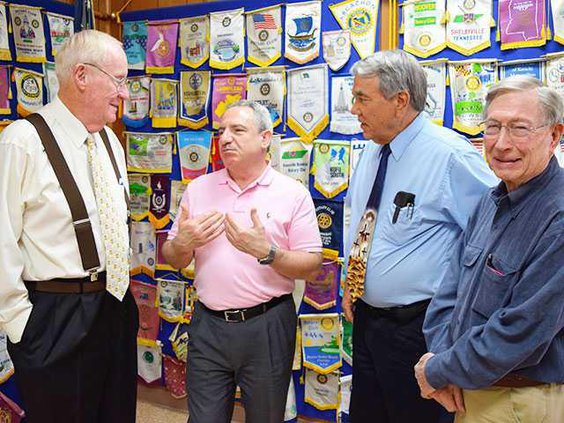Syria’s internal conflict has claimed more than 400,000 lives and created millions more refugees, a Middle Tennessee State University professor said here last week. The horrors of that war could metastasize in the American homeland, he warned.Dr. Saleh Sbenaty, professor of computer engineering technology, told The Rotary Club of McMinnville the destruction and despair caused by Syrian dictator Bashar Al-Assad has forced the country’s people to choose between two dreadful options—join forces with the government or embrace terrorists groups like the self-proclaimed Islamic State (ISIS). Sbenaty grew up in a solid, middle-class family in a comfortable and richly historic sector of Damascus.
Professor warns Syrian conflict could spread





